The talk of Art Basel Paris’s third edition has no doubt been the Grand Palais, the architectural gem custom-built 124 years ago for the Universal Exposition of 1900. After a three-year renovation ahead of the 2024 Summer Olympics, the venue has never looked better. Its iconic mint paint gleamed in the sunlight, especially during Wednesday’s unseasonably warm VIP Day. (That the Grand Palais, with its vaulted glass-and-iron ceilings, is in essence a greenhouse, means that the fair is a bit warm, and the sunlight can be blinding as you walk the aisles.)
“It’s pretty amazing that the best fair in the world is now in the best exhibition center in the world,” Matthieu Templon, Galerie Templon’s CEO and the founder’s son, told ARTnews. “You can feel the energy today—the same place but injected with new energy.”
Templon is, of course, referring to the fact that the Grand Palais had been the longtime home of the French-born fair FIAC before Art Basel won the bid for FIAC’s October dates at the venue in 2022. (Galerie Templon had participated in FIAC since 1974.)
By the early afternoon, the gallery had made around a dozen sales, including for Chiharu Shiota, whose survey will inaugurate the return of the Grand Palais’s well-attended exhibition program when it opens in December, and Hans Op De Beeck, whose solo show at Templon’s New York space will open next month. A Shiota mixed-media piece, held together by the artist’s trademark red thread, sold for €120,000, while two sculptures by Op De Beeck sold in the range of €35,000–€80,000.
Of the gallery’s success at the fair, Templon said, “It marks a signal that the market is picking back up.”
Megas Tout Big Sales
Just after midday, a beaming Marc Glimcher told ARTnews that Pace had sold out its booth, though it did not disclose prices. The presentation, titled “Mystic Sugar,” was curated by Polish artist Paulina Olowska and includes works by Kiki Smith, Lucas Samaras, Louise Nevelson, and Olowska herself, all of which explore themes of mysticism and witchcraft. (The booth’s backroom is decorated with pieces by Lee Ufan, Agnes Pelton, Max Ernst, Leonor Fini, and Alexander Calder; of those works, a gallery representative told ARTnews that Ufan’s 2024 painting Response had sold.)
While Gagosian was also predictably cagey about prices, the gallery said in a press release it had sold works by Pablo Picasso and Tom Wesselmann, as well as Jadé Fadojutimi’s Untitled (2024) and Amoako Boafo’s White Opera Gloves (2024). A source told ARTnews that Wesselmann’s Smoker #20 (1975) was priced around $4.25 million. (And as ARTnews editor-in-chief Sarah Douglas noted Wednesday, Wesselmann is having something of a resurgence in Paris this fair week.)
Over at Hauser & Wirth, the gallery’s as-yet-unsold, but biggest ticket items are Kazimir Malevich’s 1915 painting Suprematism, 18th construction, which last sold at Sotheby’s in 2015 for $33.6 million, and a Louise Bourgeois “Spider,” reportedly on offer for around $20 million. By the end of the VIP Day, however, the gallery had placed over a dozen works, including a 2024 work by Mark Bradford for $3.5 million, a Bourgeois work on paper for $2 million, and a mixed-media sculpture by Barbara Chase-Riboud, who is currently the subject of an eight-venue survey across Paris, for $2.2 million.
Across the aisle, David Zwirner reported that it sold 11 works on day one, with its highest priced item being the 2014 painting K by Victor Man, who joined the gallery’s roster in October, for €1.2 million. And out of the eight works that found buyers in its booth, White Cube sold Julie Mehretu’s 2013 painting Insile for $9.5 million as part of its newly introduced secondary market program, Salon. An Alice Neel painting sold for $1.2 million courtesy of Brussels-based gallery Xavier Hufkens, while Lisson sold three works by Olga de Amaral, who is the subject of a major retrospective at the Fondation Cartier, to private US collections in the range of $300,000 to $800,000.
A World’s Fair

The VIP opening was certainly thrumming throughout the day, with a number of high-profile collectors from the US on hand, including Pamela Joyner, Helen Schwab, Miyoung Lee, and Sonya Yu, as well as museum directors and curators like Max Hollein and David Breslin (of the Met), Naomi Beckwith (Guggenheim), Clara Kim (MOCA Los Angeles), Michael Govan (LACMA), Giampaolo Bianconi and James Rondeau (Art Institute of Chicago), and Lisa Phillips and Massomiliano Gioni (New Museum). A few celebrities, namely Natalie Portman and Owen Wilson, rounded out the crowd.
“Paris is a gathering place,” Mary Sabbatino, vice president and partner of Galerie Lelong & Co., told ARTnews, noting that the fair’s opening hours had been extremely active. “It’s nice to be back. The Grand Palais is magical—you’re bathed in light and in art history. [Art Basel Paris] is more historical than Miami and more up-to-the-minute and diverse than Basel. Paris has its own energy and identity.”
Joeonna Bellorado-Samuels, a senior director at Jack Shainman Gallery, told ARTnews that by the end of last week in London, where the gallery participated in Frieze Masters, anticipation for Paris was high. Several clients, she added, had flown into London for the weekend, uncharacteristically opting out of the preview day on Wednesday, so they could then hop over to the City of Light for Art Basel.
Wendy Olsoff, a cofounder of P.P.O.W, described the morning as “non-stop talking” with international collectors and curators who had expressed interest in her booth’s centerpiece, an installation featuring several ceramic pieces by Brooklyn-based Ann Agee. While P.P.O.W wasn’t among the 30-odd galleries doing both London and Paris fairs, she said that choice had been intentional. “We just don’t have the inventory to do an A-plus presentation at back-to-back fairs,” she said. “My artists work on a slower scale.”
Martin Aguilera, a New York–based partner of Brazilian gallery Mendes Wood DM, told ARTnews that this year’s Art Basel Paris felt truly international, especially compared to the company’s marquee Swiss fair this past June. “Paris is the first or last point of entry for collectors from the US, Asia, and, of course, Brazil,” he said.
Hong Kong–based collector Patrick Sun, who was finalizing several purchases for his Sunpride collection, focused on the work of LGBTQ+ artists, put it more succinctly: “This is Paris. The standards are way up here.”
Vincenzo de Bellis, Art Basel’s director of fairs and exhibition platforms, was gracious toward the fair’s competitor, telling ARTnews he’s glad Frieze London saw strong sales. “The art world is a small place, and we all take part in its shared success—if London is strong, it’s only a good thing for Paris,” he said.
What does success look like for Art Paris Basel? “We are a commercial platform, therefore, the success of our galleries is the most important thing,” he said. “But of course, given that we’re only three years old, success also means strengthening our position by supporting the local scene as much as we can, giving visibility to artists, bringing people to the French capital from all over the world, and developing a thriving ecosystem. This year, the market has been slower, but coming off the back of Frieze, we’ve seen that sales are picking up again. We’re only five hours into the fair, but the vibes are positive.”
Where does Paris rank compared to other Art Basel outposts Hong Kong and Miami? “They are not equal in the sense that we want them to be different,” De Bellis said. “I think that every art fair should try to do different things. Miami is part of the largest market in the world, the US, and at the nexus of North and Latin America; it is primarily focused on those regions. Art Basel Hong Kong is placed in the second-largest market, Asia, which is expanding.”
Heading Up the Grand Staircase

Prior to the restoration of the Grand Palais, the upstairs level was closed off for safety reasons. Now, that level has been reinforced and the fair has placed some 45 exhibitors from the main section—like Jessica Silverman, Karma, François Ghebaly, Maxwell Graham, and Mariane Ibrahim—up there, as well as the nine in the new Premise section and the 16 in the Emergence section. At Art Basel in Switzerland, exhibitors have expressed difficulty in getting foot traffic up on the fair’s second level. While it may have taken about an hour after the fair’s opening for the upstairs portion to fill up, it did have steady flow throughout the rest of the day.
New York–based gallery Ortuzar, whose booth is in an upstairs corner, sold out its six-work presentation of Takako Yamaguchi, with each priced at $300,000. The septuagenarian artist’s work made waves at the May auctions in New York this year, and the gallery said it had placed the works with European and Middle Eastern collections. Founder Ales Ortuzar said that the gallery had achieved its purpose of introducing Yamaguchi to European and international audiences.
The gallery also participated in Frieze Masters last week, where it sold secondary market works up to $1.5 million. Ortuzar said he had gone into the fair with low expectations given the state of the market, but sales have accounted for the best year to date for the gallery, in operation since 2018. Across the way from Ortuzar’s Paris booth, Karma reported five works selling, including a new Jonas Wood painting for $1.6 million.
“There’s a market for quality work that is correctly priced,” Ortuzar said. “Those are the works that sell. Collectors are eager to buy quality pieces at the correct price, not overpriced speculative art.”
Kibum Kim, a partner of LA’s Commonwealth and Council, said that the “unbeatable setting” of the Grand Palais and its renovation had caused visitors to the fair to want to explore the building’s architecture and renovation, which had led them to the upstairs galleries. Commonwealth & Council is sharing its booth with Emalin in London; the two galleries share representation of Nikita Gale, who had on view a mixed-media installation of a three-tier gray bleacher adorned with musical instruments, spotlights, and minerals.
Kim agreed that quality is key to being able to sell in this market, which has allowed for more dialogue with collectors who are often now insisting on seeing works in person, compared to just a few years ago. Among those quality objects brought to Paris by the gallery are two new abstract paintings by Leslie Martinez, who recently had a major survey at MoMA PS1 in New York.
“Generally, this is not a bad thing,” Kim said of this slower paced of buying. “It’s just forced us to recalibrate our dynamics from what we were used to during Covid.”
A Focus on Surrealism

One of France’s most important home-grown art movements, Surrealism, is celebrating its centenary this year, with exhibitions around the world marking the occasion, including at the Centre Pompidou. The massive modern and contemporary museum is currently showing “Surrealism,” a show comprised of nearly 600 works, on view until January. That exhibition was initiated to celebrate the 100 years since the publication of French writer Andre Breton’s Surrealist Manifesto and started out as a traveling loan of 30 artworks from the Pompidou’s permanent collection that journeyed around the world. It then returned to the French capital, bigger and better.
Many galleries at the fair got the hint. Italy’s Tornabuoni Art has two 1960s metaphysical paintings by Giorgio de Chirico, often called the godfather of Surrealism, in its stand. While de Chirico’s 1930s iterations of this series sell for several million, these two late-career works were priced in the modest range of €1 million to €1.5 million. In addition to several abstract works, Paris-based Applicat-Prazan has on offer pieces by André Masson, Wifredo Lam, Matta, and Óscar Domínguez, all of whose works carried a large label that read “100 Years of Surrealism.” One of the Domínguez paintings and the Matta were both priced in the seven figures (€1.8 million and €1.28 million, respectively).
New York’s Di Donna Galleries’ presentation, titled “Hallowed Ground,” focuses on the work of four Surrealist artists who all worked in Paris between the 1920s and ’50s: Yves Tanguy, Wifredo Lam, Agustin Cardenas, and Alicia Penalba. The former three are all relatively well-known within France for their artistic contributions, while Penalba, who is well-known in her home country of Argentina, is lesser known here.
“We wanted to show four different artists from four different backgrounds,” gallery founder Emmanuel Di Donna told ARTnews.
By midday, the gallery had sold two works by Lam, three by Cardenas, and one by Tanguy; the gallery did not disclose prices.

The post “At Art Basel Paris, Galleries Report Strong Sales on VIP Day” by Harrison Jacobs was published on 10/17/2024 by www.artnews.com




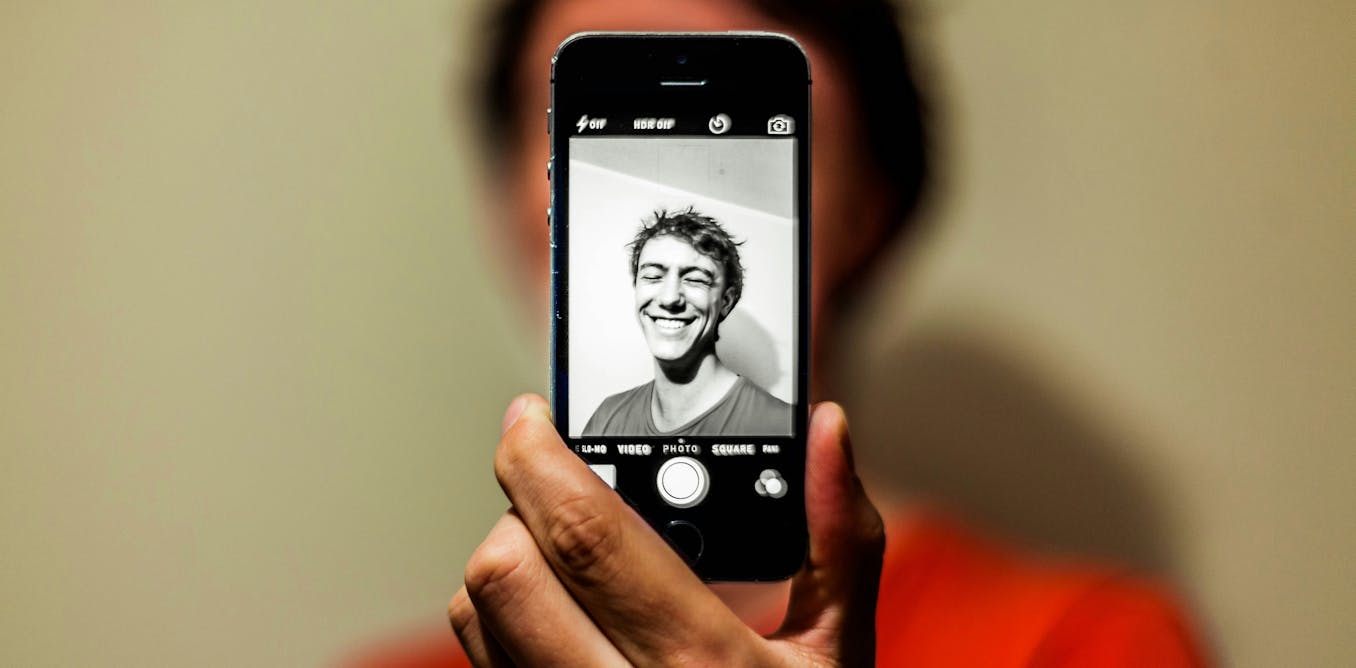
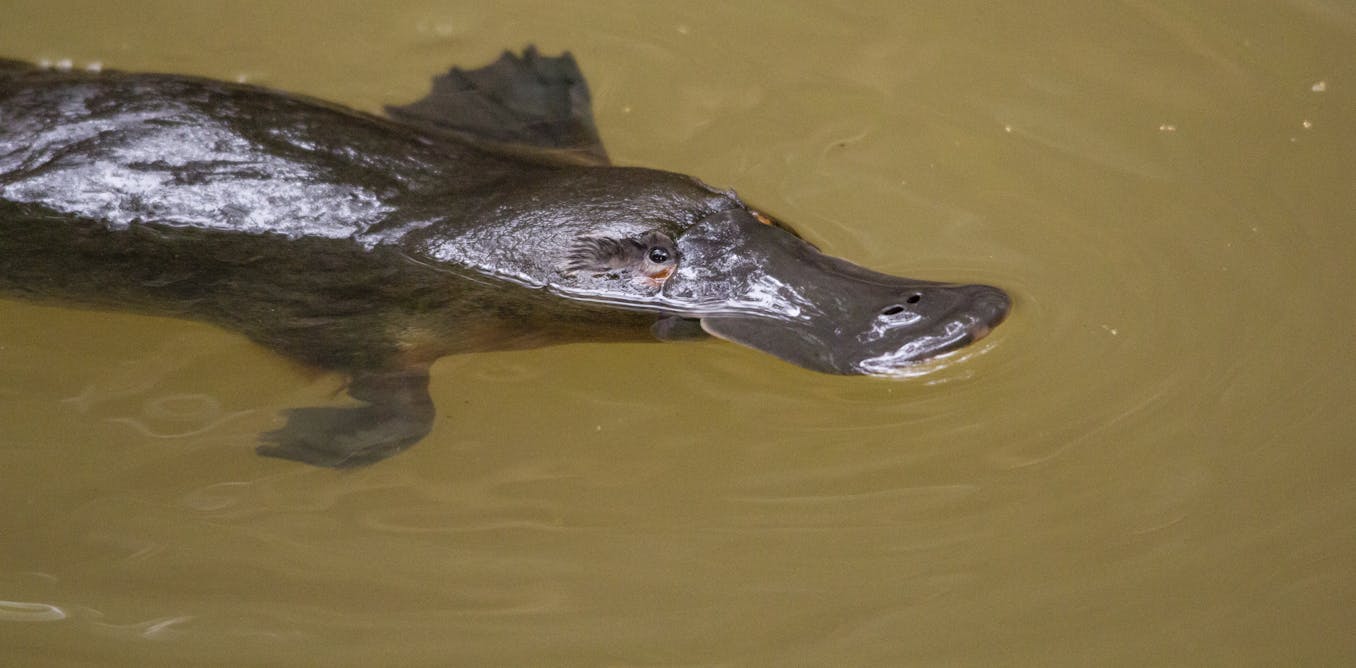

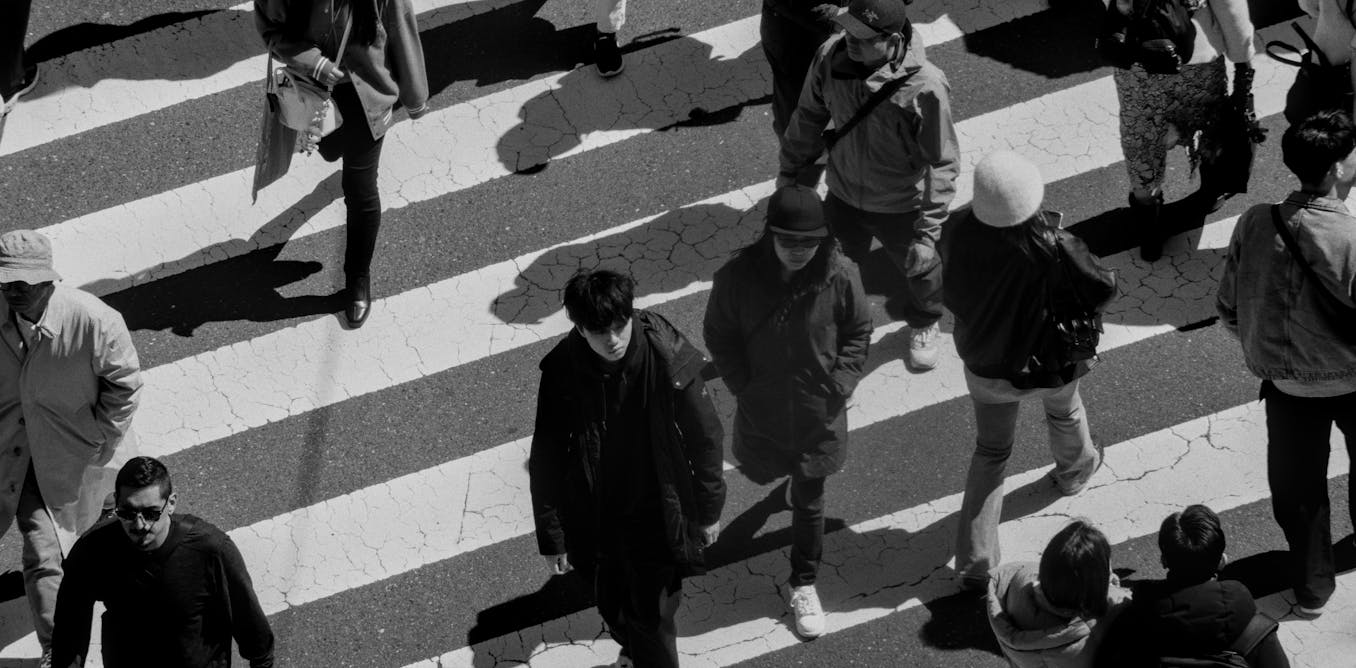

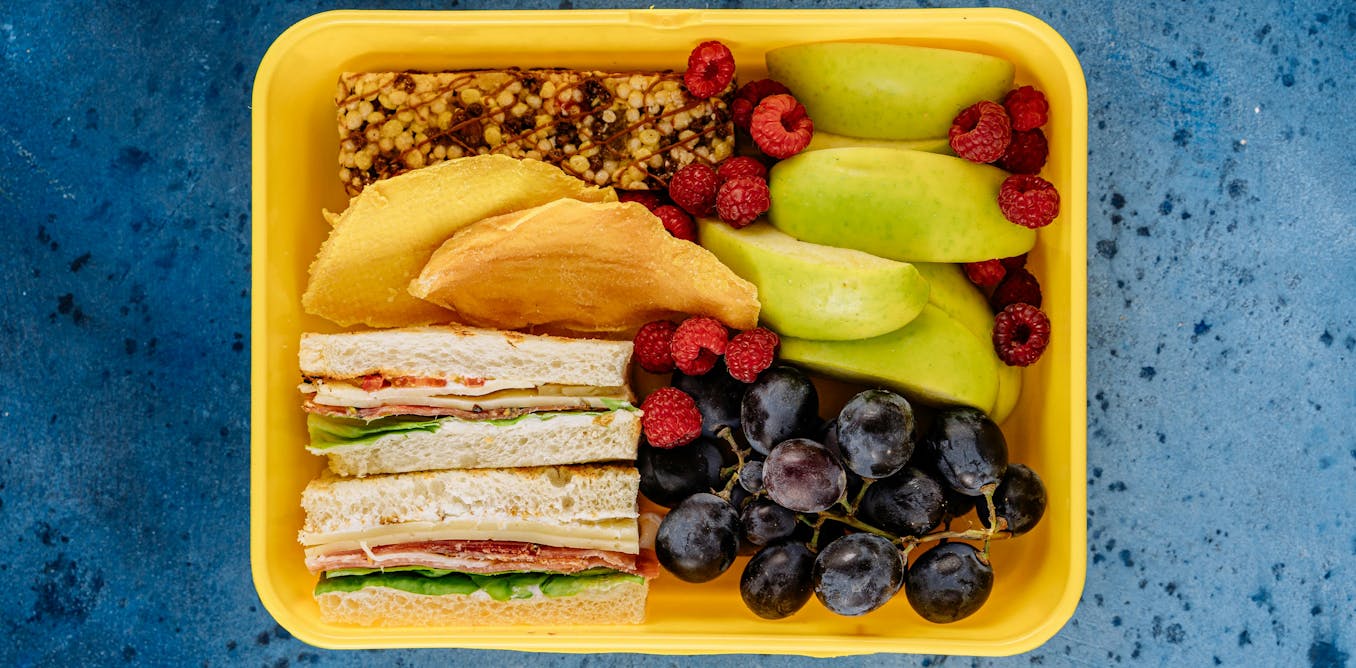

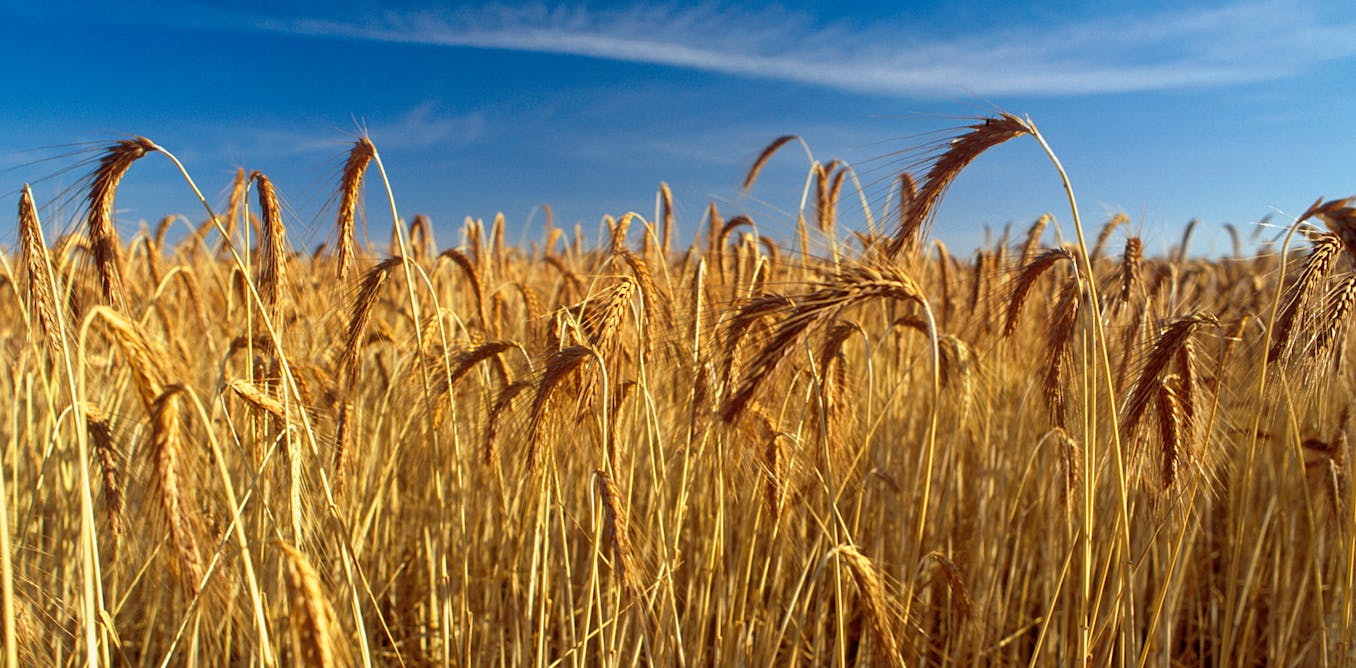

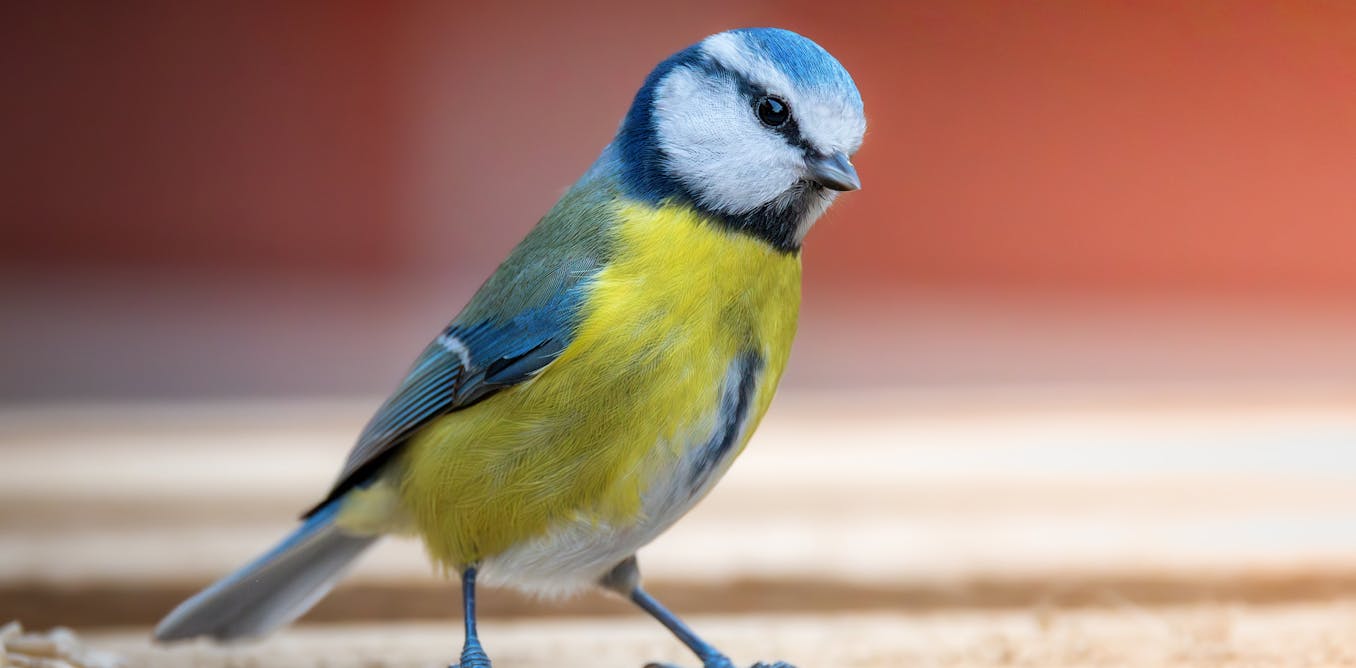
























Leave a Reply